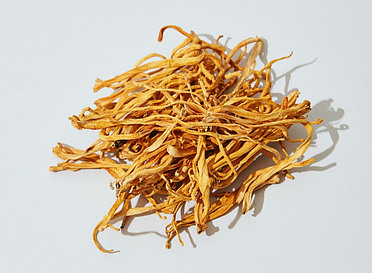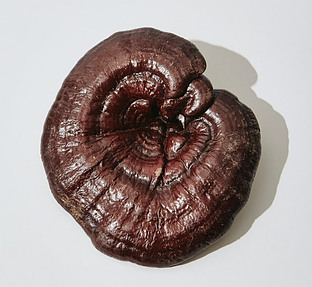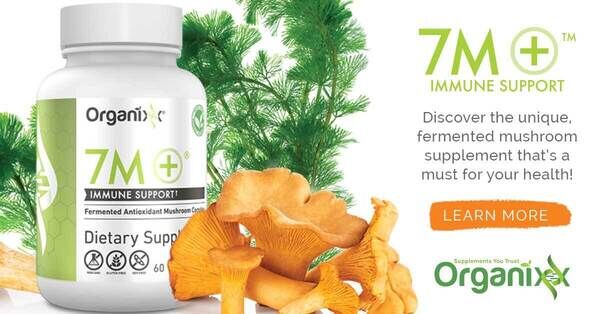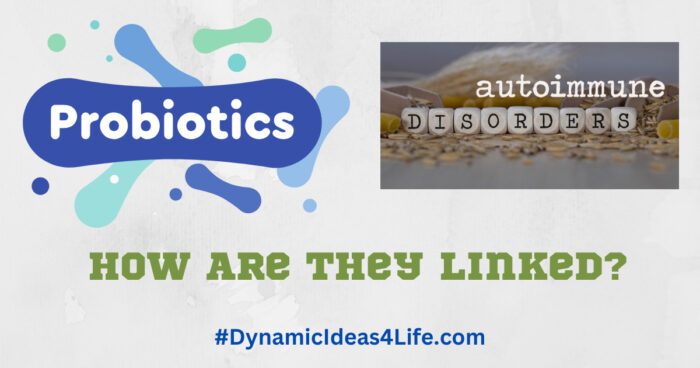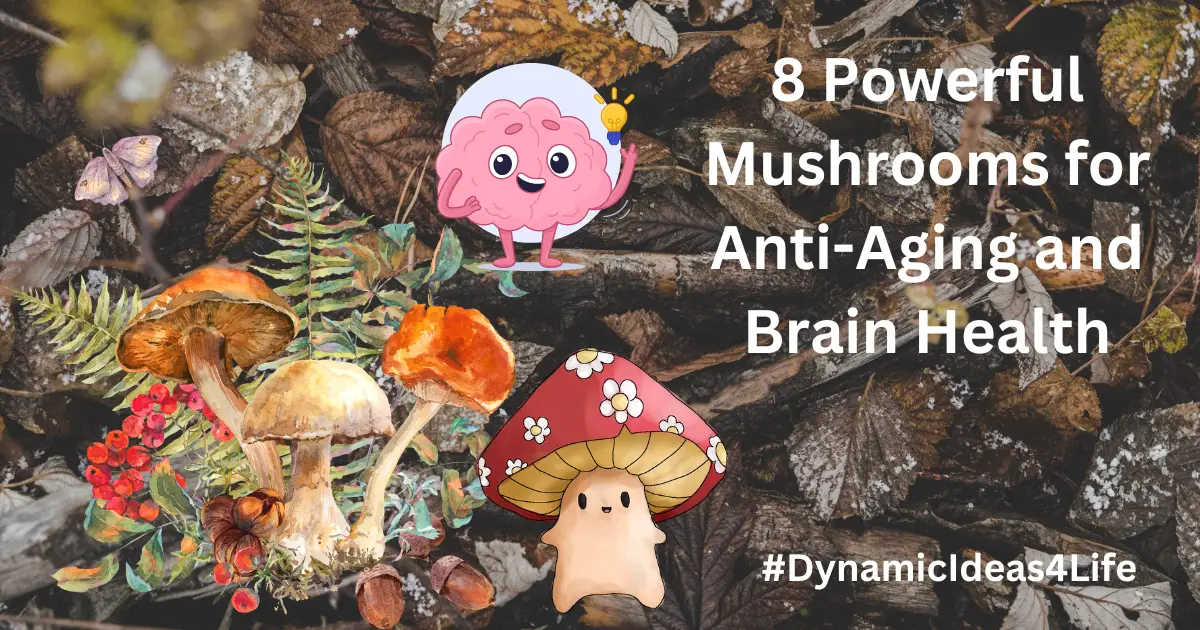
Mushrooms have been used for centuries as both food and medicine. With their unique blend of nutrients and bioactive compounds, mushrooms have been shown to offer numerous health benefits, from supporting immune function to reducing inflammation and fighting cancer.
However, In recent years, research has increasingly become focused on the potential of certain Mushrooms for Anti-Aging and Brain Health. Of these, Lion’s Mane, Chaga, Cordyceps, and Reishi mushrooms in particular, have gained attention for their ability to improve cognitive function, and for protecting the brain against age-related cognitive decline. Both factors are of course highly important as we begin to get older.
Now, we might not think of mushrooms as a typical solution for brain health but In this article, we’ll explore the science behind these mushrooms, their health benefits, and how we can incorporate them into our daily routine for not only our brain health but also many other physical health benefits.
So let’s begin shall we? and further explore How Mushrooms for Anti Aging and Brain Health can possibly help you boost your brain power.
Mushrooms for Anti-Aging and Brain Health – Is The Hype Real or Is This a Waste of Time?
According to scientific research, Lion’s Mane, Reishi, and Chaga mushrooms are considered the most beneficial Medicinal Mushrooms for promoting brain health. These Mushrooms have been found to shield the brain from Neurodegeneration, enhance cognitive abilities, and improve memory, mood, focus, and concentration. Additionally, they may provide support for diseases like Alzheimer’s and Dementia.
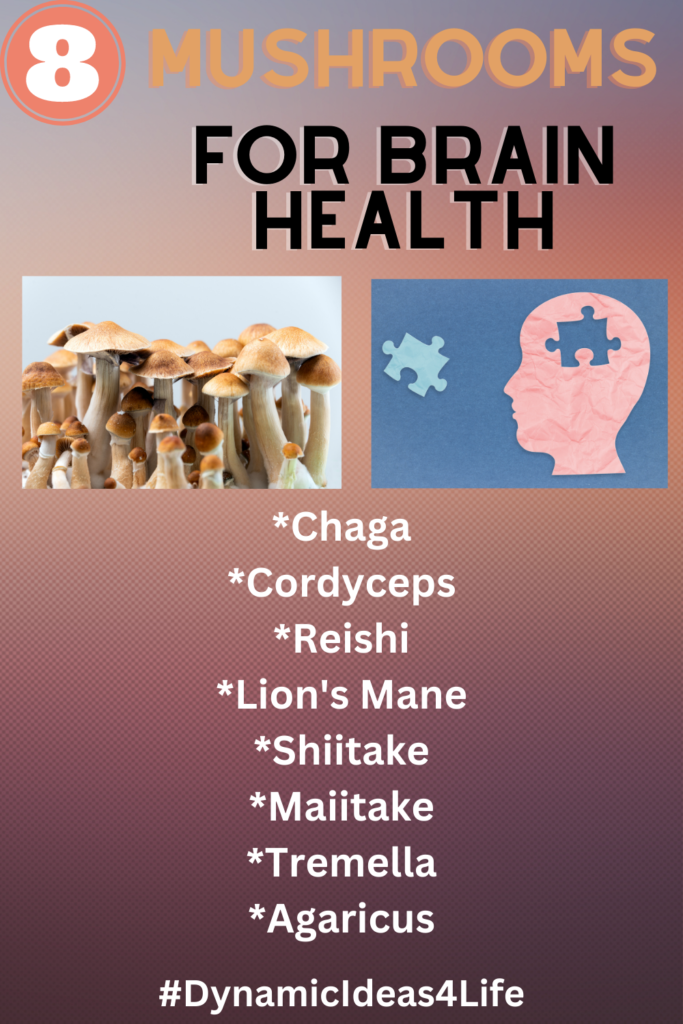
I will let you decide whether trying out something like these mushrooms is for you but for now, let’s take a look at what these mushrooms are and their potential anti-aging and brain health benefits.
So…
Lion’s Mane: The Ultimate Brain Booster
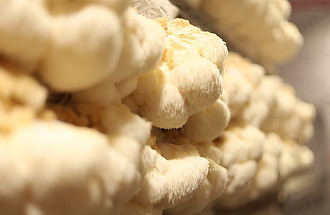
Lion’s Mane (Hericium erinaceus) is a unique-looking mushroom with long, flowing spines that resemble a lion’s mane, hence its name. This mushroom has been used in Traditional Chinese Medicine (TCM) for centuries to promote gut health, support immune function, and improve cognitive function.
Recent research has confirmed that Lion’s Mane contains compounds that can stimulate the growth and repair of nerve cells, leading to improved cognitive function and potential benefits for neurological conditions such as Alzheimer’s and Parkinson’s disease.
One of the key bioactive compounds in Lion’s Mane is erinacine A, a molecule that can cross the blood-brain barrier and promote the production of nerve growth factors (NGFs) in the brain. NGFs are essential proteins that help maintain and repair neurons in the brain, supporting cognitive function and protecting against age-related cognitive decline.
In one study, older adults who took Lion’s Mane Supplements for four months showed significant improvements in cognitive function compared to a placebo group.
Whilst other research has suggested that Lion’s Mane may have anti-inflammatory and antioxidant properties, further supporting its potential as a brain-boosting and anti-aging mushroom.
Chaga: A Powerful Antioxidant for Skin and Brain
Chaga (Inonotus obliquus) is a type of fungus that grows on birch trees in colder regions of the world, such as Siberia, Canada, and Alaska. Chaga has been used for centuries in traditional medicine to boost immunity, support digestive health, and improve skin health.
Recent studies have also highlighted Chaga‘s potential as an anti-aging and brain-boosting mushroom.
One of the key compounds in Chaga is betulinic acid, which has been shown to have strong antioxidant and anti-inflammatory properties. These properties make Chaga a potential anti-aging agent, as oxidative stress and inflammation are key factors in the aging process.
Additionally, Chaga contains high levels of melanin, a pigment that can protect the skin from UV radiation and potentially reduce the appearance of fine lines and wrinkles.
Chaga also contains a compound called Ergothioneine, which has been shown to have neuroprotective properties. Ergothioneine is a potent antioxidant that can protect the brain from oxidative damage and potentially reduce the risk of cognitive decline. In one study, researchers found that mice fed a diet supplemented with Chaga extract had improved cognitive function and less oxidative damage in the brain compared to a control group.
Cordyceps: Enhance Brain Function and Energy
Cordyceps (Cordyceps sinensis) is a type of fungus that grows on the larvae of certain caterpillars in the mountainous regions of China, Nepal, and Tibet. In traditional Chinese medicine, Cordyceps has been used to boost energy levels, improve athletic performance, and support kidney and lung function.
Further to this recent research has revealed the potential benefits of Cordyceps for brain function and anti-aging.
Cordyceps contains a unique combination of bioactive compounds, including cordycepin, adenosine, and polysaccharides. These compounds have been shown to improve mitochondrial function, increase oxygen uptake, and reduce inflammation in the body.
By improving mitochondrial function, Cordyceps may help enhance energy levels and reduce fatigue, making it a popular supplement among athletes and active individuals.
Cordyceps also has potential benefits for brain health. In one study, older adults who took Cordyceps supplements for 12 weeks showed improvements in cognitive function compared to a placebo group.
Additionally, Cordyceps has been shown to have neuroprotective effects, potentially reducing the risk of age-related cognitive decline and neurological disorders.
Reishi: A Long-Standing Anti-Aging and Immune Booster
Reishi (Ganoderma lucidum) is a type of fungus that grows on trees and is native to Asia. Reishi has been used in traditional medicine for thousands of years to boost immunity, reduce inflammation, and improve sleep.
Recent research has also highlighted Reishi‘s potential as an anti-aging and brain-boosting mushroom. One of the key bioactive compounds in Reishi is triterpenes, which have been shown to have anti-inflammatory and antioxidant properties.
These properties make Reishi a potential anti-aging agent, as oxidative stress and inflammation are key factors in the aging process.
Additionally, Reishi contains beta-glucans, which can stimulate the immune system and potentially reduce the risk of age-related illnesses. In one study, older adults who took Reishi supplements for three months showed improvements in cognitive function compared to a placebo group.
Additionally, Reishi has been shown to have neuroprotective effects, potentially reducing the risk of age-related cognitive decline and neurological disorders.
So these are the 4 main Mushrooms for Anti-Aging and Brain Health that I would recommend. However, of course, this is nowhere near all the Mushrooms that can have incredible health benefits.
Also, a few others I will share below;
What Other Mushrooms Are Good For Brain Health?
Besides Lions Mane, Chaga, Cordyceps, and Reishi there are several other mushrooms that have been shown to have potential benefits for anti-aging and brain health.
Here are a few notable examples:
- Maitake (Grifola frondosa): This mushroom contains beta-glucans, which can stimulate the immune system and potentially reduce the risk of age-related illnesses. Maitake also has potential benefits for brain health, as it has been shown to improve cognitive function and reduce inflammation in animal studies.
- Shiitake (Lentinula edodes): Shiitake is another mushroom that contains Eritadenine, which has been shown to have potential cholesterol-lowering effects. Also, Shiitake contains polysaccharides and beta-glucans, which can stimulate the immune system and potentially reduce the risk of age-related illnesses. Shiitake has also been shown to have potential benefits for brain health, as it has been shown to improve cognitive function and reduce inflammation.
- Tremella (Tremella fuciformis): Tremella mushrooms contain a compound called Tremella polysaccharide, which has been shown to have potential anti-aging effects. Tremella has also been shown to have potential benefits for skin health, as it can improve skin hydration and reduce the appearance of fine lines and wrinkles.
- Agaricus (Agaricus blazei): Agaricus mushrooms contain beta-glucans, which can stimulate the immune system and potentially reduce the risk of age-related illnesses.
Again this is nowhere near all of the mushrooms that can help with anti-aging but continuing on.
How to Use These Mushrooms in Your Daily Diet

If you’re interested in incorporating mushrooms into your daily diet to support anti-aging and brain health, there are several ways to do so. Here are a few suggestions:
- Drink Mushroom Tea: One of the easiest ways to consume mushrooms is by drinking mushroom tea. Simply steep your favorite mushroom in hot water for several minutes, strain, and enjoy. Lion’s Mane, Chaga, Cordyceps, Reishi, Maitake, Shiitake, and Tremella mushrooms all make great choices for mushroom tea.
- Add Mushrooms To Your Smoothies: I know this might sound a bit gross for a lot of people but another great way to incorporate mushrooms into your diet is by adding them to your smoothies. Simply blend your favorite mushroom with other ingredients like fruits, vegetables, and protein powder for a nutrient-packed drink.
- Cook with Mushrooms: This is the obvious one I think. Add Mushrooms to your soups, stews, and stir-fries. Shiitake and Maitake mushrooms are great choices for savory dishes, while Tremella mushrooms can be used to add a creamy texture to desserts.
- Take Mushroom Supplements: If you’re looking for a more convenient way to consume mushrooms, you can also take mushroom supplements in the form of capsules or extracts.
Be sure to choose high-quality supplements from a reputable source, and talk to your healthcare provider before adding any new supplements to your routine.
*Best Mushroom Supplements we’ve come across so far in our latest research are Organixx 7M+ (7 Mushroom +) and Bioptimizers Collagenius (Collagen + Mushroom Blend).
By incorporating these mushrooms into your daily diet, you can support your overall health and well-being, potentially reducing the risk of age-related illnesses and supporting brain health.
Are There Any Side Effects or Risks?
While these mushrooms are generally considered safe for consumption, it’s important to be aware of potential side effects and risks, especially if you’re considering taking mushroom supplements. Here are a few things to keep in mind:
- Allergic Reactions: Some people may be allergic to certain types of mushrooms. If you experience symptoms like hives, itching, or difficulty breathing after consuming mushrooms, stop use immediately and seek medical attention.
- Interactions with Medications: If you’re taking medications, be sure to talk to your healthcare provider before adding mushrooms or mushroom supplements to your routine. Some mushrooms may interact with certain medications, and your healthcare provider can help you determine if mushrooms are safe for you to consume.
- Digestive Upset: In some cases, consuming mushrooms may cause digestive upset like bloating, gas, or diarrhea. If you experience these symptoms, reduce your mushroom intake or stop consuming mushrooms altogether.
- Quality Concerns: When consuming mushroom supplements, it’s important to choose high-quality products from reputable sources. Some low-quality supplements may contain harmful substances or contaminants, so be sure to do your research before purchasing.
Overall, while these mushrooms have many potential health benefits, it’s important to be aware of potential side effects and risks. By consuming mushrooms in moderation and choosing high-quality supplements, you can safely incorporate these superfoods into your daily diet.
In Conclusion: Adding Mushrooms to Your Diet for a Younger Feeling and Healthier Brain
For those looking to compliment their existing diet with more brain-healthy nutrients mushrooms like Lion’s Mane, Chaga, Cordyceps, and Reishi are all things that can support anti-aging and brain health.
These mushrooms collectively contain a variety of compounds, such as beta-glucans, polysaccharides, and antioxidants, which have been shown to have a variety of health benefits.
By incorporating these mushrooms into your daily diet, you may be able to reduce inflammation, improve cognitive function, and support a healthy immune system.
There are many ways to consume these mushrooms, including drinking mushroom tea, adding mushrooms to your smoothies or dishes, or taking mushroom supplements.
However, it’s important to be aware of potential side effects and risks associated with consuming mushrooms and to choose high-quality products from reputable sources.
Overall, mushrooms are a delicious and nutritious addition to any diet.
By incorporating these superfoods into your daily routine, you can support your overall health and well-being, potentially reducing the risk of age-related illnesses and supporting brain health.
References:
- Choudhary, M., et al. (2015). “Mushrooms: A rich source of potential anti-aging compounds.” Journal of Food Science and Technology, 52(12), 7865-7873.
- Dai, X., et al. (2017). “A review of mushroom polysaccharides: Bioactivities and their potential application in food and drug industries.” Journal of Functional Foods, 38, 319-332.
- Lai, P. L., et al. (2013). “Neurotrophic properties of the Lion’s mane medicinal mushroom, Hericium erinaceus (Higher Basidiomycetes) from Malaysia.” International Journal of Medicinal Mushrooms, 15(6), 539-554.
- Singh, R., et al. (2018). “Cordyceps mushroom: A potent anti-aging agent from nature.” Rejuvenation Research, 21(6), 569-582.
- Wachtel-Galor, S., et al. (2011). “Ganoderma lucidum (Lingzhi or Reishi): A medicinal mushroom.” In Benzie IFF, Wachtel-Galor S (eds) Herbal Medicine: Biomolecular and Clinical Aspects. 2nd edition. Boca Raton (FL): CRC Press/Taylor & Francis.

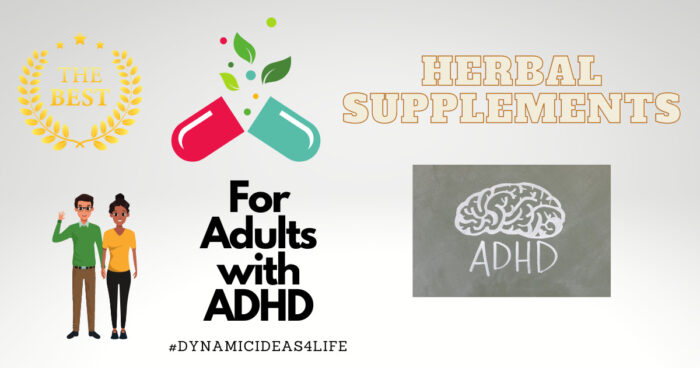
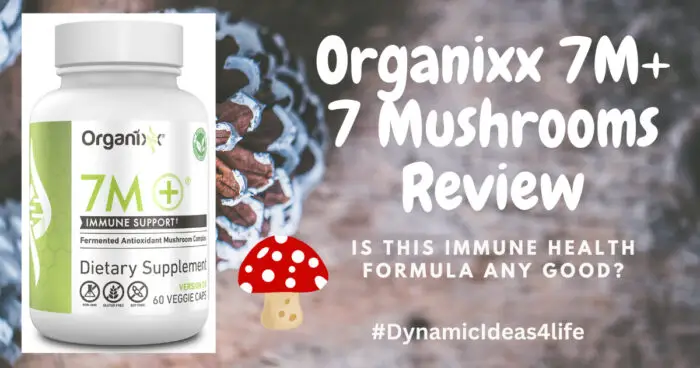


Anxiety and Depression BiOptimizers blood pressure supplements blood sugar control blood sugar support supplements cognitive function digestive enzymes Digestive Enzymes Supplement Digestive Health digital products Dr Sam Robbins Exercise Gut Health Gut Health While Travelling Health Tips for Travelling Healthy Living heart health HFL How To Lower Cholesterol insulin resistance joint health supplement Keto keto dieting Keto Diet Weight Loss leaky gut supplements leptin resistance Magnesium deficiency Matt Gallant mental health multivitamins Nootopia Nootropics Probiotics Probiotic Supplements reverse type 2 diabetes stress and anxiety stress relief vitabalance vitapost Wade Lightheart weight loss articles weight loss diet plans weight loss product reviews weight loss supplements weight loss tea


